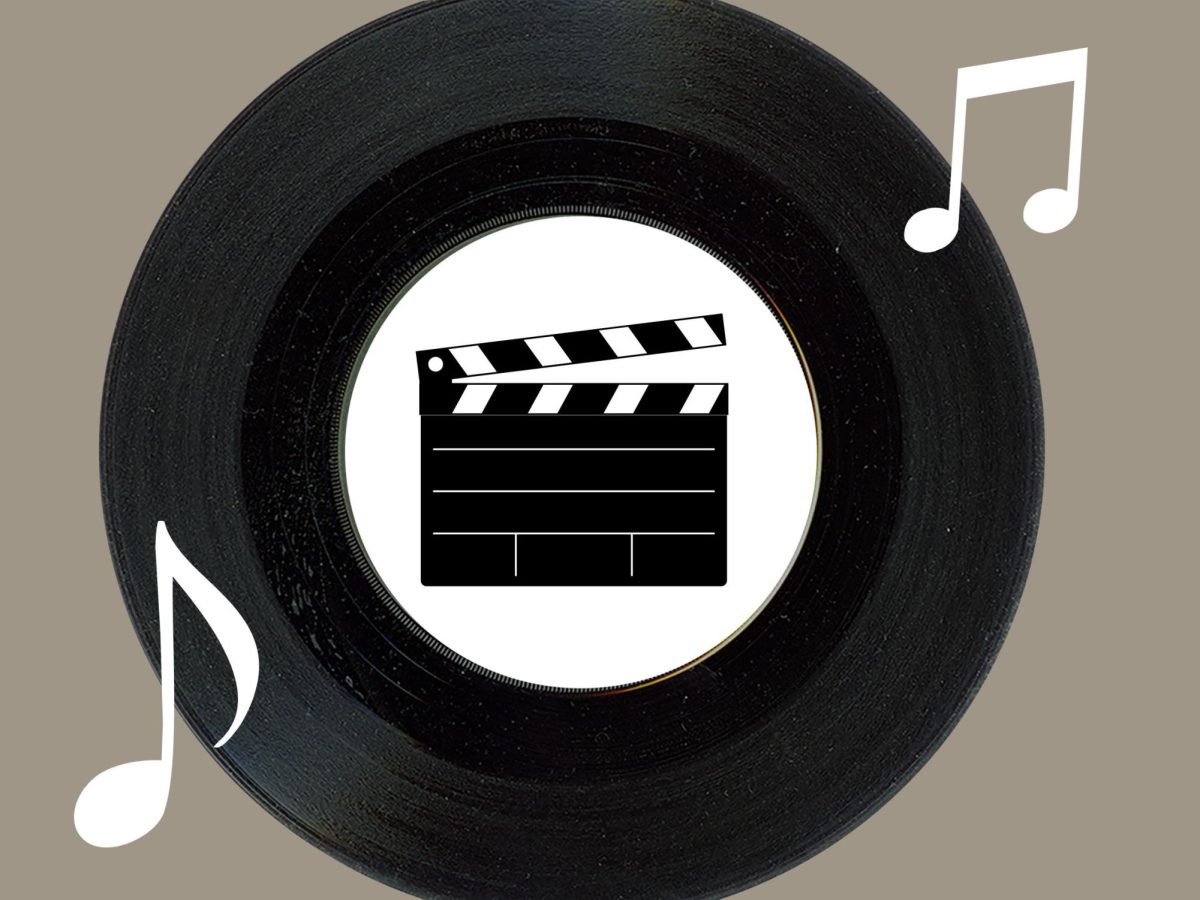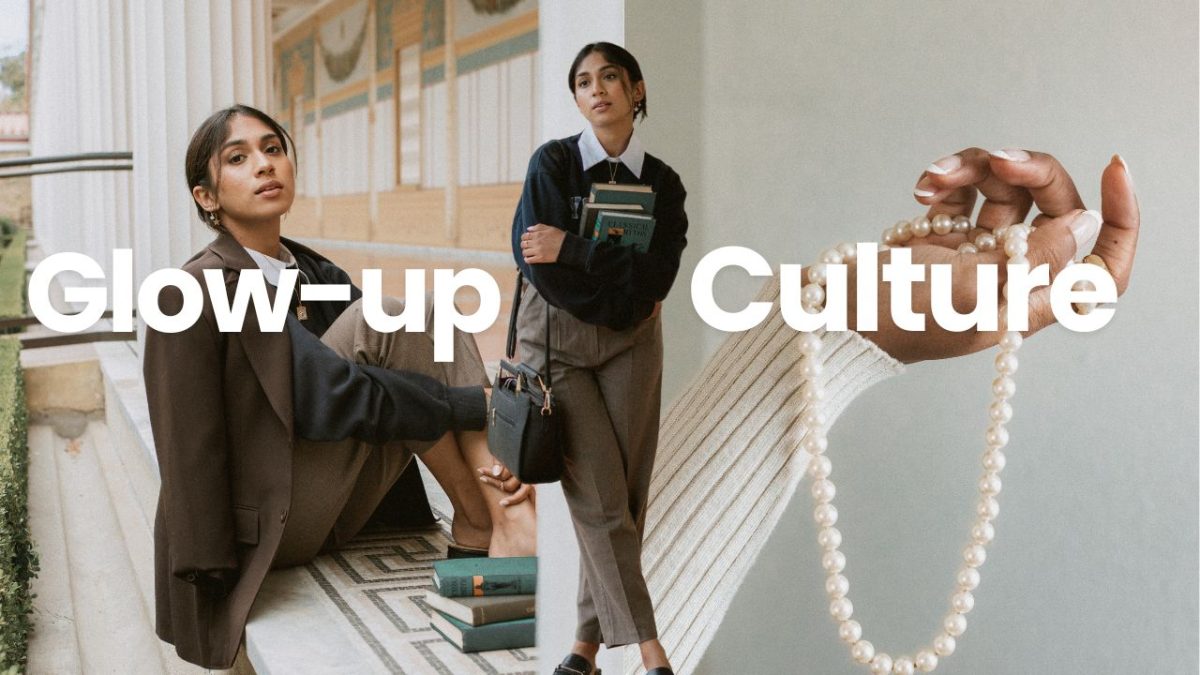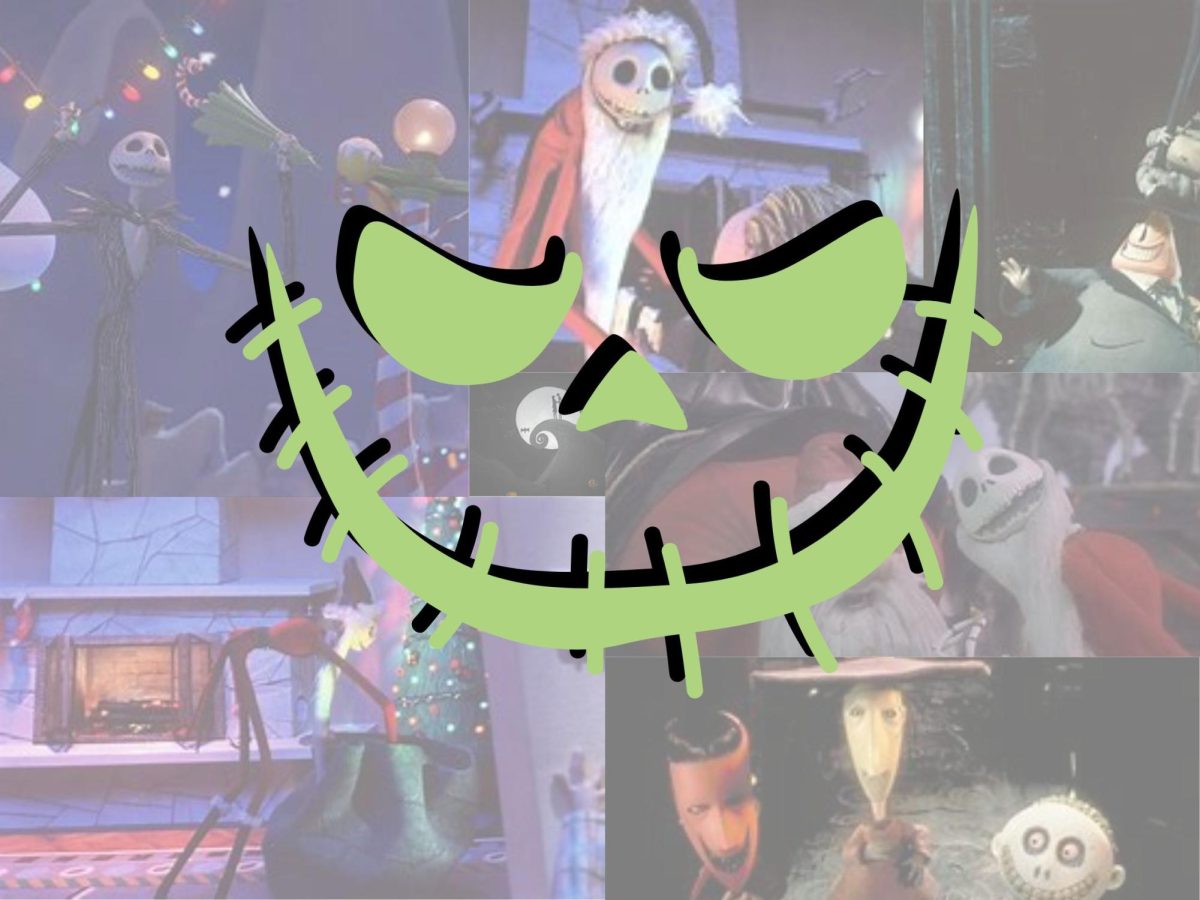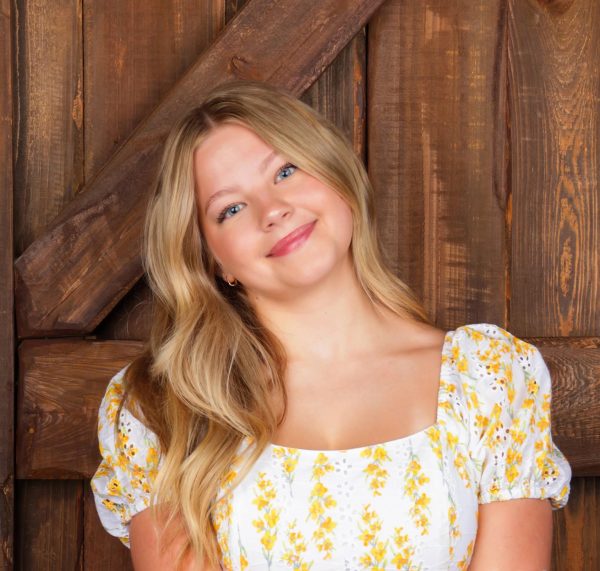As the world of pop culture becomes increasingly digitized, movie production teams look to the internet to help promote the newest films. To gain attraction, movie teams release behind-the-scenes, leaks or sneak-peeks to the upcoming predicted attention-grabbers, but one promotion stands out from the others. Soundtracks to films become influential pieces of film marketing that movies can release to gain traction for the latest films to soon hit the screens.
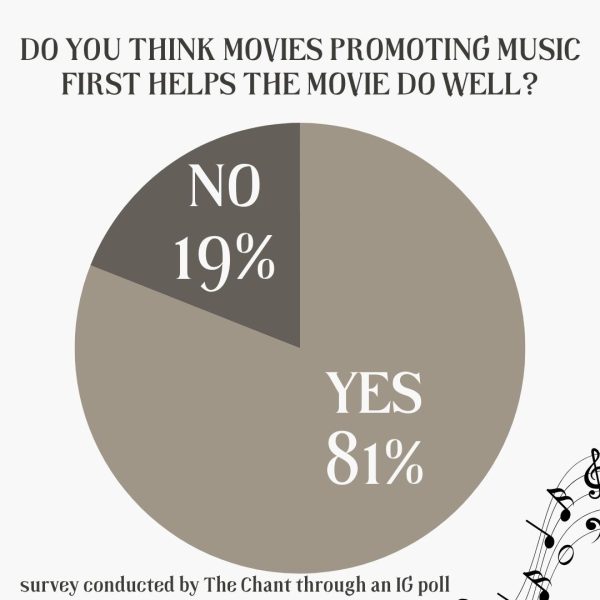
The world of music and movies aligns when several artists work together to create specific soundtracks or a title track attached to a film. These musical accomplices enhance the storytelling in movies by enhancing viewers’ emotions. The right music can complement a sad scene, heighten tension or shape the vibe and setting of a specific moment. Along with listening to the music inside the film, numerous audience members also enjoy listening to the movie music on platforms such as Spotify and Apple Music in their own playlists.
“Music changes a movie in the sense that it can invoke greater emotion from an audience. In sad scenes in movies, a soundtrack will typically get more depressing or eerie sounding, causing the viewer to feel or relate more with the character. Another example is in horror movies. When a jumpscare occurs, the true thing that startles is the sudden burst of music or sound that appears. When this sound joins with the startling figure in the movie, the viewer reacts intensely,” junior Henry Witschy said.
When films feature popular and rising artists in newly-created movies, it promotes both the artists and movies, generating audiences from the music artist’s fanbase. Fans may see their favorite singer contribute to a new movie and feel obligated to see that movie solely for the artist. Artists generate audiences for new movies to gain recognition on multiple accounts.
“I remember when I heard a couple of songs from the ‘Inception’ soundtrack. I think the songs were ‘Mombasa’ and ‘Time.’ The deep composition in the songs not only made me enjoy the songs, but they also prompted me to watch the movie. Studios should promote their soundtracks because viewers can get a glimpse at the emotional depth involved with a certain film,” Witschy said.
After the release of Greta Gerwig’s hit movie “Barbie,” several songs from the designated soundtrack reached the top of the charts. A plethora of popular artists, such as Billie Eilish, Dua Lipa and Ice Spice, collaborated to make the “Barbie” album a diverse and exciting addition to the film. Not only did the music add to the vibe of the movie, but fans enjoyed the music for the entirety of the summer.
Although several may argue that introducing the music prior to the movie invalidates the authenticity of surprises in the film, the albums remain optional to listen to. However, song and album art for movies tends to also advertise or mention the films. This way, if one wants to avoid listening to the music until watching the film, they can recognize the pictures and avoid the songs.
American singer-songwriter Olivia Rodrigo recently gained popularity for her song “Can’t Catch Me Now,” featured in the newest Hunger Games movie, “The Hunger Games: The Ballad of Songbirds and Snakes.” Popularly heard on the social media platform TikTok, the song influenced several Rodrigo and TikTok fans to see the new film.
These musical soundtracks also provide audiences with accessible music related to movies of interest. For example, in movies for younger audiences, such as “Trolls,” the clean and vivacious music draws in child viewers. The correct advertising and target audience allows room for both the related movies and music to gain attraction.
As new films reach the top of the charts, an important way to advertise involves the use of musical arrangements. To generate anticipation for films, media teams can release parts of if not all, the soundtracks of movies.
“Movies should promote the music they’re using to help the audience understand what the movie will be like. Everyone prefers different kinds of music. No movie can appeal to all preferences, so the producers or whoever should include music in trailers to help reach a target audience,” junior Rose Riggs said.



